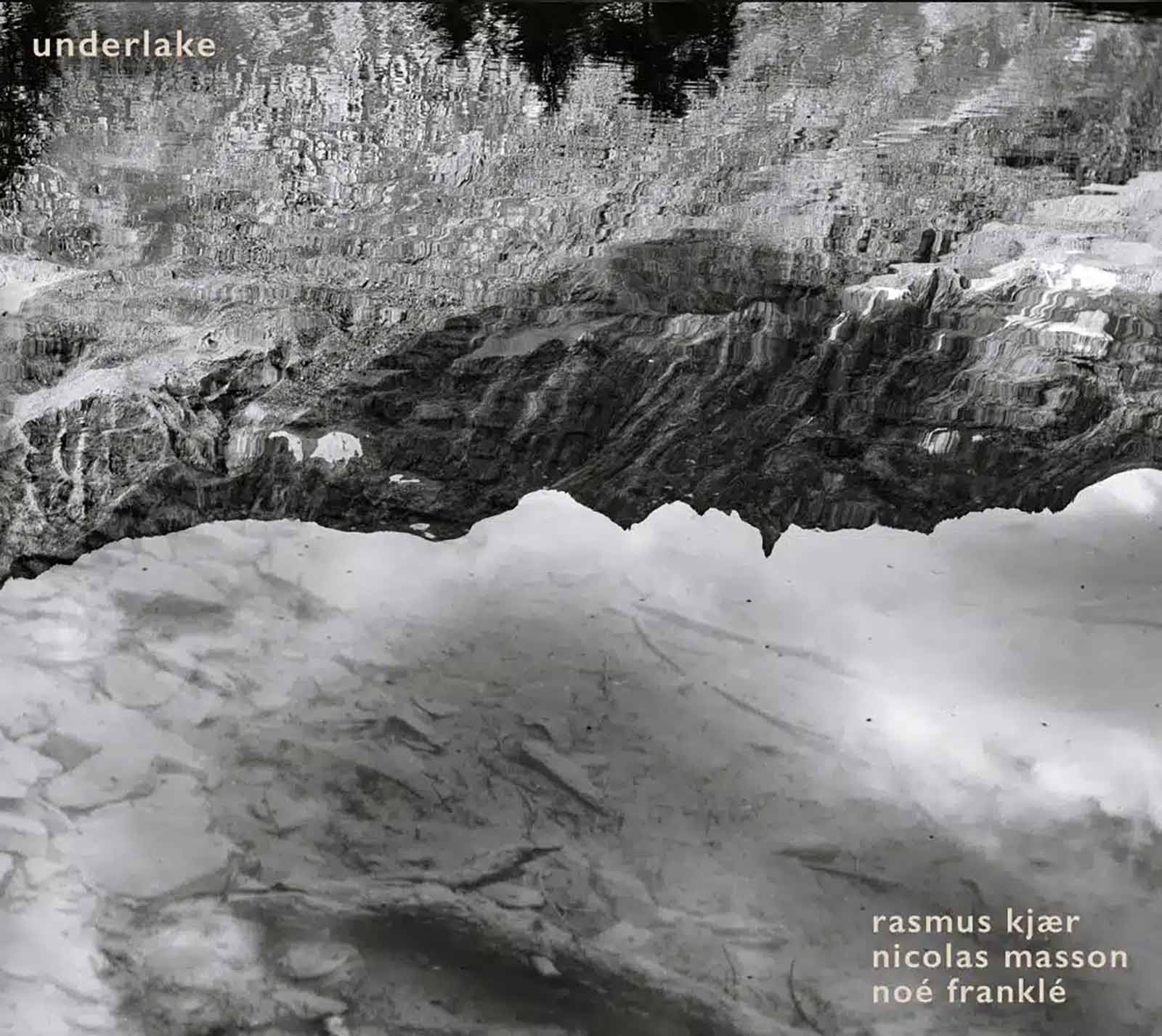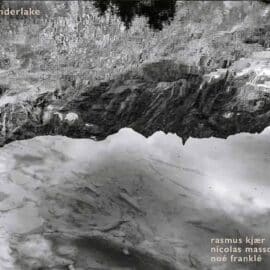| Jazz moderne |

Copenhagen, Denmark — From the first notes, it becomes clear that this is not a record designed for casual listening. The jazz that emerges here is distinctly urban and strikingly complex, rooted as much in the rigor of classical traditions as in the fluid openness of world music. It demands a level of concentration from its audience; the listener is invited, perhaps compelled, to tune into sonic shapes that defy expectation. The experience is less about being entertained and more about being transported: slowly, deliberately, the music pulls us out of the ordinary landscape and deposits us into a dreamlike terrain where physics itself is in question, particularly the physics of water, its role in shaping us, feeding us, and quietly saturating the rhythms of our lives.
This ecological sensibility runs deep in Northern European jazz. Where American jazz has so often channeled social struggle and the fight for justice, musicians in Scandinavia and beyond frequently direct their gaze toward the natural world, asking how art can respond to environmental fragility. That contrast is at the heart of Underlake, the new album from Danish pianist and composer Rasmus Kjær Larsen. Recorded in 2023, just before his departure from Switzerland, the project bears the imprint of the landscape in which it was conceived, the shores of Lake Geneva, and distills an intense artistic bond forged during his stay there.
At its core, the record is built on a singular premise: an original seven-note scale devised by Kjær, whose harmonic oddness and structural rigor give the music its unmistakable identity. Nearly every track orbits this tonal center, bending it, stretching it, testing its possibilities. Two exceptions stand out: Adrift, an entirely improvised meditation that seems to float untethered, and Ondine in Silhouette, a piece of more traditional shape inspired by the mythical water spirit who lures sailors with her siren call. These departures only sharpen the focus of the remaining compositions, where Kjær’s idiosyncratic scale is explored with persistence and imagination.
But this is not music that seeks to flatter its audience. Underlake is uncompromising, cerebral, and demanding. Its textures may confound those who approach it with only a passing acquaintance with jazz, but for listeners willing to lean in, the album reveals a powerful coherence. In many ways, it is the kind of project that blossoms most vividly in live performance, when the immediacy of improvisation and the volatility of sound can saturate the space.
For more than two decades, Kjær has been a restless figure on the Danish scene, refusing to be confined to a single idiom. His catalog includes solo organ works, synthesizer experiments, and collaborations at the edge of avant-garde jazz. Each project has carried the mark of risk, of curiosity, of a musician probing the limits of his own craft. With Underlake, he returns to the acoustic piano, not as a nostalgic gesture but as a reaffirmation of the roots that shaped him: improvisation, atmosphere, and the restless urge to explore composition as a living, breathing act. He is joined here by two vital collaborators: multi-instrumentalist, producer, and sound engineer Noé Franklé on drums, and saxophonist Nicolas Masson, a familiar voice from ECM Records, whose playing threads a line of clarity through the music’s denser textures.
To engage with Underlake is to be asked not only to listen, but to interpret. The record feels almost dialogical, as if its compositions are propositions meant to be weighed, debated, and reconsidered long after the last notes have faded. This discursive quality stems in part from Kjær’s own biography. Trained as a classical pianist from childhood, he was recognized early on for his prodigious talent, winning third prize at Denmark’s Steinway competition in 1992. But the gravitational pull of improvisation led him away from the competitive rigor of classical music and toward jazz. Moving to Aarhus for his studies, he immersed himself in the local jam sessions, absorbing the ethos of dialogue, spontaneity, and risk that would come to define his work.
There is a near-mystical undertone to the way Kjær frames his compositions, a sense that music is not simply crafted but summoned. In this, he draws from a deep cultural reservoir. Nordic art, whether in painting, literature, or music, has long carried echoes of myth and legend, narratives shaped by landscapes of water, stone, and forest. Underlake taps into this lineage, not with folkloric gestures, but through a sensibility that allows natural forms and elemental concerns to bleed into the very structure of sound.
The result is an album that resists easy consumption but rewards sustained attention. It is music that insists on patience, on reflection, on an almost meditative openness.
Underlake is not just a collection of tracks; it is an argument about what jazz can be in the twenty-first century, less a form of entertainment than a mode of inquiry, one capable of addressing not only the social but also the ecological and metaphysical dimensions of human life.
Thierry De Clemensat
Member at Jazz Journalists Association
USA correspondent for Paris-Move and ABS magazine
Editor in chief – Bayou Blue Radio, Bayou Blue News
PARIS-MOVE, September 28th 2025
Follow PARIS-MOVE on X
::::::::::::::::::::::::
Musicians:
Rasmus Kjær | Piano
Nicolas Masson | Saxophone, Clarinet
Noé Franklé | Drums
Track Listing:
Almost weightless
Slow swell
Adrift
Flood signal
Unidentified Submerged Object
Ondine in silhouette

